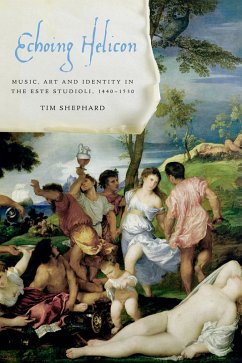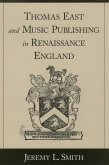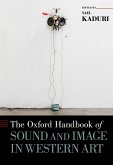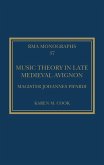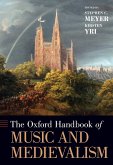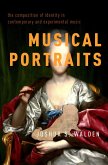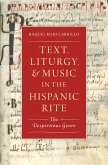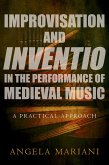The private
studioli of Italian rulers are among the most revealing interior spaces of the Renaissance. In them, ideals of sober recreation met with leisured reality in the construction of a private princely identity performed before the eyes of a select public. The decorative schemes installed in such rooms were carefully designed to prompt, facilitate and validate the performances through which that identity was constituted.
Echoing Helicon reconstructs, through the (re)interpretation of painted and intarsia decoration, the role played by music, musicians and musical symbolism in those performances. Drawing examples from the Este dynasty - despotic rulers of Ferrara throughout the Renaissance who employed such musicians as Pietrobono, Tromboncino and Willaert, and such artists as Tura, Mantegna and Titian - author Tim Shephard reaches new conclusions about the integration of musical and visual arts within the courtly environment of renaissance Italy, and about the cultural work required of music and of images by those who paid for them. Relying on Renaissance-era source material from a wide range of disciplines as well as new approaches derived from critical and cultural theory, Shephard provides a fresh look at the music of this ninety-year period of the Italian Renaissance. While much has been written about the
studiolo by historians of art and architecture, it has only recently become a growing area of interest among musicologists. As the first English language monograph devoted to the music of the
studiolo,
Echoing Helicon is a significant contribution to this developing area of research and essential reading for both musicologists and art historians specializing in the Italian Renaissance.
Dieser Download kann aus rechtlichen Gründen nur mit Rechnungsadresse in A, B, BG, CY, CZ, D, DK, EW, E, FIN, F, GR, HR, H, IRL, I, LT, L, LR, M, NL, PL, P, R, S, SLO, SK ausgeliefert werden.

